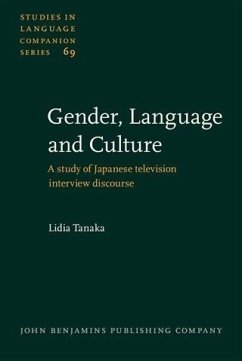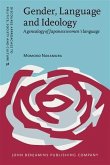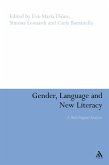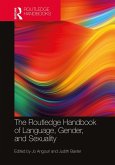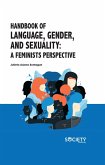This book analyzes the relationship between gender, age and role in Japanese television interviews. It covers a wide range of topics on Japanese communication; cultural and gender variables are interwoven in the interpretation of the findings. The study shows how participants interact through language and how they project their identities in the context of the interview. Based on a qualitative analysis, speech in mixed and same gender interactions is analysed, turntaking, terms of address and aizuchi (listener's responses) are examined. The findings reveal interesting characteristics of all-female interactions, such as the influence of age that appears to be more important than gender; an observation that has repercussions in the study of gender and language differences in modern Japan. This book is an interdisciplinary study that integrates notions of politeness and theories of gender and language, and will be of interest to people researching Japanese culture and communication, gender studies and institutional language.
Dieser Download kann aus rechtlichen Gründen nur mit Rechnungsadresse in A, B, BG, CY, CZ, D, DK, EW, E, FIN, F, GR, HR, H, IRL, I, LT, L, LR, M, NL, PL, P, R, S, SLO, SK ausgeliefert werden.

